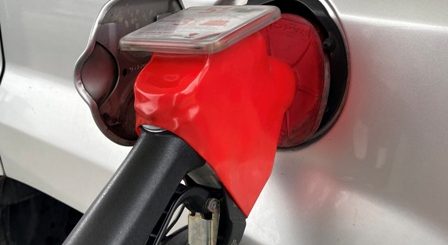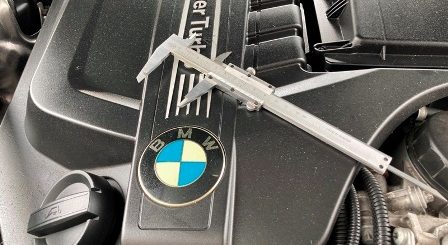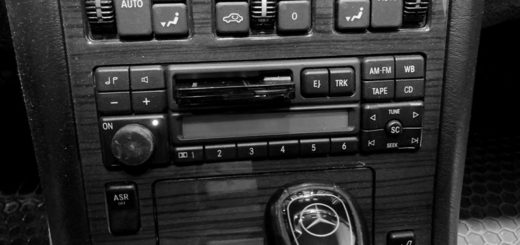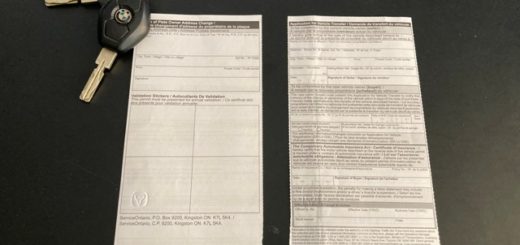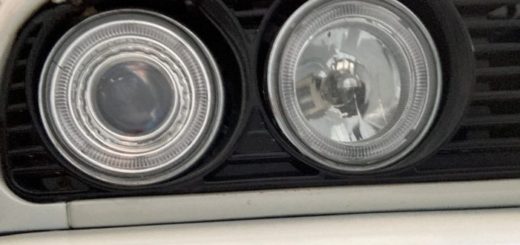Buying a Used Car: Gasoline vs Diesel
Buying a Used Car Ontario: Gasoline vs Diesel: Hitting used car market in Ontario looking to buy a used car raises more question than answers, what brand, what color, what kind of engine, buying from dealer or private, how much to spend, fuel economy, etc. Lately another question has been added to what car to buy dilemma: Diesel or Gas?
Diesel engines have been scarce in Ontario (or Canada and North America for that matter) but have been always prevalent prevalent in Europe. There is reason for that: fuel costs. As opposed to Europe, Canada and North America in general has been enjoying cheap fuel for last half century, no need to buy a diesel when gasoline is cheap.
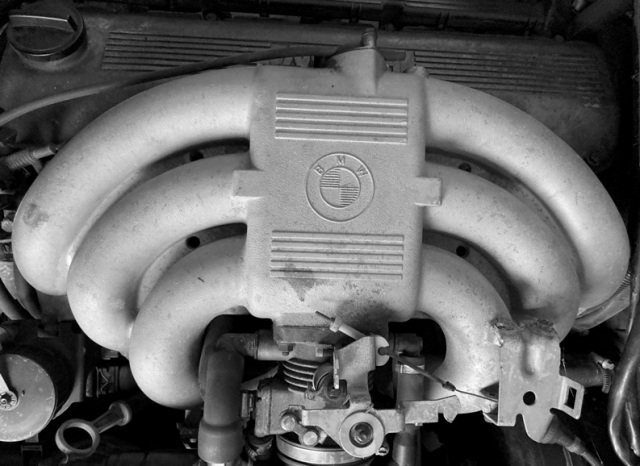
However, fuel party has come to an end with fuel prices rising fast and eating into ever shrinking monthly budgets. Sales of cars with diesel engines has gone up in last few years in Canada for this same reason, and it doesn’t look like will stop any time soon.
Manufactured who never bothered before, now are adding up diesel engines on their new car models in a quest to get a market foothold in an expanding diesel car sales market in North America.
Buying a Used Car Ontario: Gasoline vs Diesel
Gasoline and Diesel engines are two main types of engines used on internal combustion cars. Diesel engines are becoming more common in cars and Suv and manufactures are offering a wider range of passenger vehicle models powered by diesel engines. But is it worth to dump gas powered cars and go for a diesel instead? Maybe…or maybe not.
Gasoline Cars
Gasoline engine is oldest type of engine used to power passenger cars. First gasoline powered vehicle was built by Benz in 1886, Model Nr 1 powered by a horizontal one cylinder, 0.7 horsepower engine.
Gasoline engine have come a long way since that first Mercedes. Power has been higher with new models, pollution has been lowered, reliability and lifespan are increased, size and weight has been reduced and most importantly fuel efficiency has been improved greatly.
Diesel Cars
Diesel engine was invented by Rudolf Diesel in 1893. World’s first production passenger car with a diesel engine was built by Mercedes in 1936, Mercedes 260D. Diesel engines are most fuel efficient engines presently.
Diesel cars are most commonly found in Europe, as high fuel prices push people to choose cars with higher fuel efficiency. Although, diesel cars are rarely used on passenger cars in Canada (or Ontario) as lower prices of gas (until now that is) have negated fuel savings of diesel engines. Also, gasoline engines are much better at operating in Canadian (or Ontario) freezing winter temperatures than diesel engines.
(If you are also looking for a fast and easy solution to sell your car, more here on “How To Sell Your Car Fast In Ontario” )
Differences Between Diesel and Gasoline Engines
Gasoline and Diesel are both internal combustion engines and operate similarly. Fuel (gasoline or diesel) is mixed with air and ignited in a burning chamber. Expanding gases will push down on a set of pistons connected to a crankshaft, creating power.
- Ignition System
Gasoline engines use spark plugs and electrical power at very high voltage (up to 40,000 volts) to ignite fuel. Spark plug is located inside cylinder burning chamber, high voltage will create a spark and ignite fuel/air mixture. Spark plug timing can be controlled either electronically on mechanically. Modern vehicles control spark plug timing electronically.
Diesel Engines ignite fuel using high compression. Air is drawn into cylinder chamber and compressed at high compression ratios, much higher compression than gasoline engines. Compression of air will create heat and when diesel fuel is introduces ignition will occur due to high pressures inside cylinder chamber.
- Price
Diesel powered cars are more expensive than gasoline counterparts. Reason for that is diesel engines are expensive to build and components of diesel engines cost more to produce. Engines have to withstand higher compression ratios and need to be robust. Diesel engines blocks are usually building using cast iron and are heavier than gasoline mostly aluminum engines.
- Maintenance
It’s debatable which of the two requires more maintenance, but generally speaking diesel engines are more expensive to repair and cheaper to maintain. Due to heavy duty construction diesel engines lasts much more than gasoline counterparts and will be more reliable. Diesel engines require less frequent repairs than gasoline engines.
However, repairs and maintenance on diesel engines is more expensive than gasoline ones, its a trade off. Also, mechanics will charge more for diesel engine repairs and maintenance.
Lifespan and Longevity of Gasoline and Diesel Engines
Diesel engines will far outlast gasoline engines. A gasoline engine properly maintained can be expected to last up to, say 300,000km or so. Diesel on the other hand, can easily do double that amount of mileage. Truck diesel engines can run for millions of kilometers before replacement.
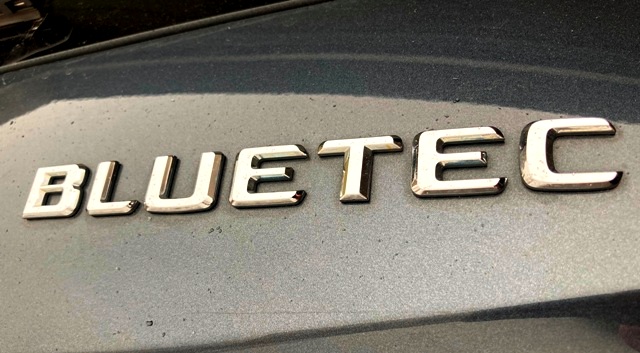
1) Reliability
Diesel engines are more reliable than gasoline engine powered cars due to robust construction and simpler engine designs with less moving parts. Diesel engine do not have a spark based ignition system as gasoline engines do. Ignition coils, spark plugs and other components of fuel ignition system are completely eliminated.
2) Power and acceleration
Diesel engine has more torque at low speeds and low RPM. However, while a diesel engine can accelerate fast from a stop, it will start to slow as speed builds up. Gasoline engine will accelerate faster and will keep accelerating steadily at high speeds. Gas engines rev higher than diesel counterparts.
Higher revving produces more power and keep power constant at low and high speeds. Gasoline powered cars are generally more satisfying and easier to drive than diesel counterparts.
3) Fuel Economy Diesel vs Gas
Diesel engines have a better fuel efficiency than gasoline engines, about 25%. Higher ratios of compression translate to fuel efficiency. Diesel engines have compression ratios almost double of gasoline engine. A gasoline engine will usually have a compression ratio of 10;1, while diesel engines have compression ratios of higher than 20;1. Higher compression ratio of diesel engine will lead to better fuel economy.
4) Pollution
Diesel engines use less fuel, as a consequence total volume polluting is lower than on gasoline powered cars. However, diesel fuels are “dirty” compared to much more refined gas fuels. You can smell diesel toxic fumes sometimes, when a truck is in front of you and your car heating system brings diesel fumes inside your cabin.
Diesel powered cars burning diesel fuel release 20% more CO2 per liter than gasoline counterparts. Most importantly, diesel fuel when burned releases toxic particulates matter (nitrogen dioxide and nitrogen oxides) which are dangerous to public health and proven to cause cancer. More details on differences between Emissions Levels of Diesel and Gasoline.
5) Towing
Diesel engine can not be beat when it comes to towing. Diesel engines have a lot more torque than gasoline engine at low rpm. Torque is twisting motion that causes an object to rotate on its axis. Higher compression ratios of diesel engines will translate to higher amounts of torque.
Higher amounts of torque means diesel engine does not have to downshift as much under heavy loads and can handle uphill towing easier than gasoline powered vehicles. Due to high amounts of torque diesel engines also have much better acceleration under loads from a standing point than gasoline engines. Add a turbocharger to a diesel engine and it becomes the ultimate towing machine.
6) Market Value
Resale value of diesel powered cars in higher than gasoline ones. This from the fact than diesel vehicles cost more to buy initially (new) and will run for long time. Its hard to sell a gasoline car with over 200,000km on odometer, people will assume that is an end of life car.
Diesel engines on the other hand are regularly sold and bough with 400,000km or more. People rightly assume these engines will run to half a million Km or more. Also, diesel are rare to find since vast majority of new vehicles sales are gasoline ones. There are few diesel vehicles on used car market compared to gas ones, at least in North America. Scarcity raises prices, as per usual.
Should You Buy a Diesel or Gasoline Car
Gasoline Cars: Depends what you are after. If you are after quietness, performance, smoothness and acceleration then nothing can beat a gasoline engine (apart form electrical cars that is). If you live in very cold areas gasoline engine is your best choice.
Diesel engines do not like cold much, especially on mornings cold starts. As we said earlier, gasoline engine are cleaner too when it comes to polluting. Gas engines produce much less harmful compounds to human health. Gasoline is a “cleaner” engine in general, fuel is cleaner too. Diesel fuel is a dirty fuel when compared to gasoline.
Diesel Cars: If you are after fuel efficiency and longevity then go for a diesel engine. These engines offer 30% better fuel efficiency on highway driving and about 20% city driving. If you do a lot of highway driving then a diesel engine is best choice for you.
Fuel savings will be significant. Longevity will also help, you should be able to get double the total mileage with a diesel engine compared to gasoline one. Diesel engines will far outlast gasoline engines. A diesel car will last a long time and also save you money on fuel for a long time.
Towing is another factor. If you a RV or a big boat to tow over long distances, you might want to consider a diesel vehicle. Will help you tow those loads easier, give you a long engine lifespan and fuel saving at the same time.
In case you buy a used car, General Maintenance and what to do after buying it.
(If you are also looking for a fast and easy solution to sell your car, more here on “How To Sell Your Car Fast In Ontario” )
Comments: If you have any questions or suggestions related to this post or Used Car Toronto in general, don’t hesitate to use comment section below.


